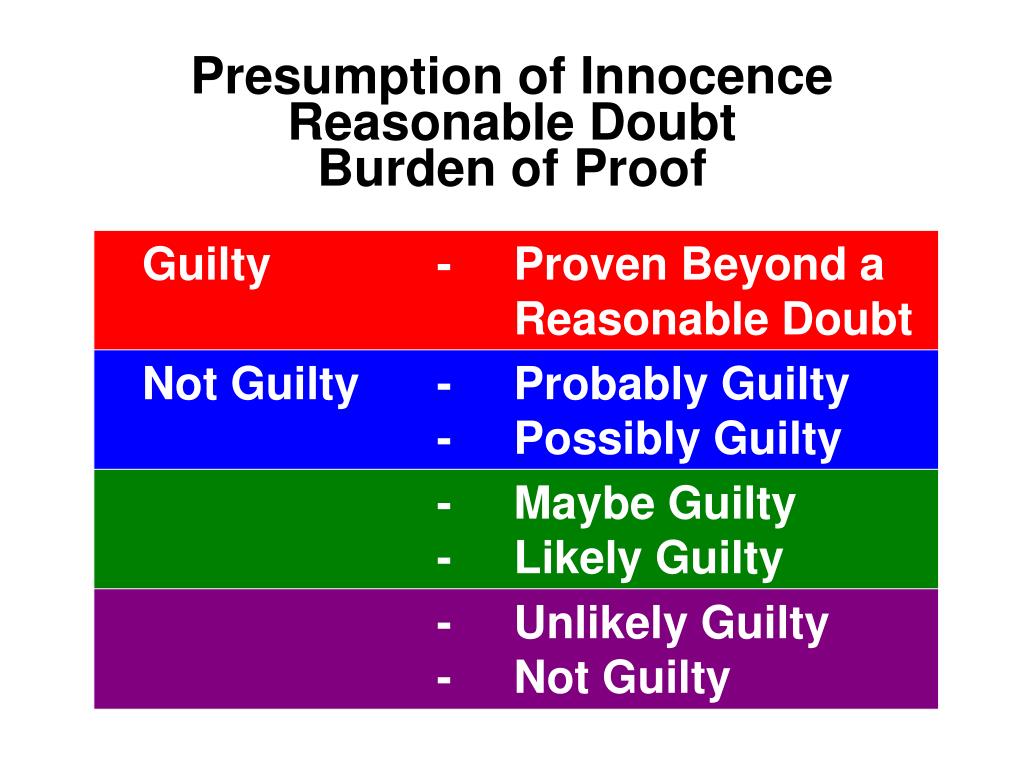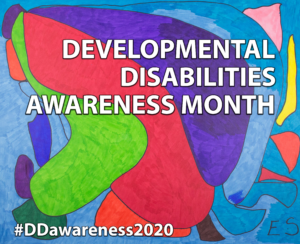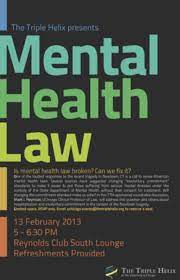BURDEN of PROOF
|
PUNISHMENT in our Criminal Justice System requires PROOF BEYOND A REASONABLE DOUBT. BUT we have ASSUMPTIONS regarding the MENTAL ELEMENT of the CRIME --- CRIMINAL INTENT --- which don't appear to be true.
Where are we at regarding LEVELS of PROOF?
|
Preponderance of the Evidence
|
Preponderance of the evidence is one type of evidentiary standard used in a burden of proof analysis.
Under the preponderance standard, the burden of proof is met when the party with the burden convinces the fact finder that there is a greater than 50% chance that the claim is true. preponderance of the evidence | Wex | US Law | LII / Legal ...https://www.law.cornell.edu › Wex |
Proof Beyond a Reasonable Doubt
|
In Criminal Cases, what has to be proven BEYOND A REASONABLE DOUBT?
What's the PROBLEM?
|
Due Process generally requires some type of CLEAR & CONVINCING STANDARD of PROOF for Civil Commitment.
CLEAR and CONVINCING is MORE THAN PROPONDERANCE OF THE EVIDENCE because it may involve significant DEPRIVATION OF LIBERTY.
But it is NOT PROOF BEYOND A REASONABLE DOUBT because it does not involve PUNISHMENT.
See "Due Process in Civil Commitments," Alexander Tsesis, Loyola Law Review (2011)
According to the Supreme Court in Colorado v. New Mexico, 467 U.S. 310 (1984), "clear and convincing” means that the evidence is highly and substantially more likely to be true than untrue; the fact finder must be convinced that the contention is highly probable.
Clear and Convincing Evidence
| Wex | US Law | LII / Legal ...https://www.law.cornell.edu › Wex
CLEAR and CONVINCING is MORE THAN PROPONDERANCE OF THE EVIDENCE because it may involve significant DEPRIVATION OF LIBERTY.
But it is NOT PROOF BEYOND A REASONABLE DOUBT because it does not involve PUNISHMENT.
See "Due Process in Civil Commitments," Alexander Tsesis, Loyola Law Review (2011)
According to the Supreme Court in Colorado v. New Mexico, 467 U.S. 310 (1984), "clear and convincing” means that the evidence is highly and substantially more likely to be true than untrue; the fact finder must be convinced that the contention is highly probable.
Clear and Convincing Evidence
| Wex | US Law | LII / Legal ...https://www.law.cornell.edu › Wex






